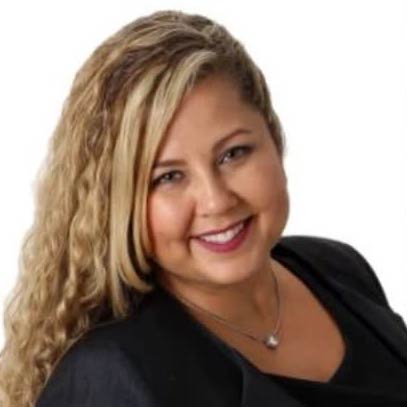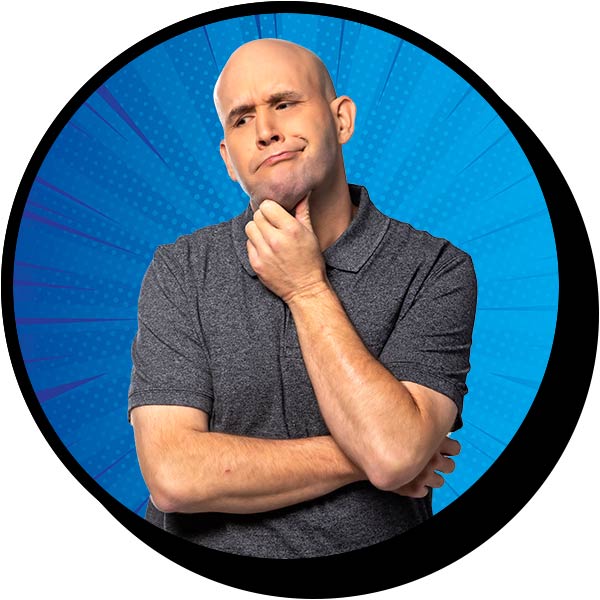by Holly Jensen •
Chief Operations Officer for Cash Practice Systems •
In my 19+ years of experience with the chiropractic profession as a Chiropractic Assistant, Office Manager, and trainer to thousands of chiropractic offices across the country, one topic that always comes up is how to best communicate with patients when it comes to how they pay for their care. A successful Report of Findings followed by properly communicating the patient’s financial responsibilities is a critical step in cultivating patient loyalty.
Some of us are really well versed when talking about money with our patients, while some of us feel uncomfortable and do our best to avoid the subject. When a patient’s financial obligations to your office are not handled properly it could lead to patient dropout, disputes with patients, complaints to state boards, and malpractice claims.
In this article, I’d like to focus on how to properly communicate with your patients during the financial report of findings. Not only will the tips I give you help you set the tone up front with the patient, but it will also ultimately result in your patients staying long term.
The treatment plan and financial agreement should be prepared and outlined on a compliant document, printed, and ready to present to the patient before they come in for the report of findings.
Now before I get into how to talk about money, I must start off by stating that it’s imperative that the doctor has done his/her job with the report of findings by outlining their recommendations for care and getting the patient to agree to the treatment plan. Failing to do this will make it nearly impossible for you to successfully enroll the patient.
Once the patient agrees to the treatment plan, the doctor must get permission from the patient to discuss money so you avoid creating the “here comes the sales pitch” feeling. This can be easily handled by the doctor simply asking the patient, “Mary, all we have left to do is to go over the cost of care. We can go over that with you today or on your next visit, which do you prefer?” Most of the time the patient will say, “Let’s just go over it today.” I can’t stress the importance of this step enough.
Once you have the patient’s permission to talk about money, the doctor should warm up the patient and make the introduction for the CA coming into the room to review the cost of care. The doctor should say, “Mary, I’m going to have Amber come in and review our program with you. I want to let you know, you don’t have to do the payment plan that Amber reviews with you as we have other options, but I highly recommend that you use it, as it covers everything I recommended and will save you the most money.”
Now that the patient has agreed to care, has given permission to talk about money, and has been warmed up to the CA coming in to go over finances, we can proceed to the CA reviewing the finances.
You should have a private area to discuss financial plans with the patient to ensure their privacy and keep them comfortable. Likely they’re already in a private room for the clinical report of findings. Do not discuss this at the front desk. In my experience, it’s best to use a ‘matter of fact tone when outlining the cost of care. You also want to keep it simple. The more details and numbers you start spouting off at the beginning of the conversation the more you will leave the patient feeling overwhelmed.
With your compliant financial plan in hand, you’re going to stick to reviewing the total cost of care, point out any savings the patient will get by enrolling into the care plan, and review the payment options.
Here’s an example of how this would go, “Mary, I’m so glad the doctor found he could help you! Based upon the doctor’s recommendations, we’ve outlined the following all-inclusive program of care. If you were to pay per visit, the total cost of care comes to $X. However, by enrolling in this program it covers everything and saves you the most money.” This is a good spot to pause and just get confirmation from the patient with a head nod.
Continue with, “Mary, we can take that total you see here and you have three choices on how to pay. Our first option is monthly payments. Our second option, which most of our patients choose, is a down payment followed by smaller monthly payments. And finally, if you prefer, our third option is to pay in full. Mary, before I go any further through the plan, which of these options do you feel works best for you?”
By giving your patient a choice they don’t feel pressured. They really appreciate the options and letting them choose. You may wonder why I said, “which most of our patients choose” for the second option” It’s simply because it’s the best option for committing them to care as well as making it easy to transition them to their next program. I’ll explain more in future articles.
Once the patient has chosen the payment option that works best for them, they’re pretty much committing themselves to the program. Before reviewing the details of how the program works, I recommend handling the most common objections the patient may have. Typically people want to know what happens if they miss an appointment and what happens if they need to stop care early.
That part of the conversation may go something like this, “Mary, I’m glad to hear you’ll be choosing option two. Before I review the details of the program let me answer the two most common questions we get from our patients. One is, what happens if you go on vacation and miss appointments. Rest assured you’re not going to lose that time. We will extend the program to allow you to make up those missed visits.
The second question is, What if you need to stop the program early. Mary, you can stop the program at any time. You’re not locked into this. Just simply let us know and we will prorate the program for the care you’ve used. If you’ve paid us more than what you’ve used, we will happily issue a refund. If you’ve paid less, you would simply pay the balance of the care you used, not the entire program.” After you’ve addressed those two most common objections, you can move forward by outlining the rest of the plan details.
The last thing you’ll do is review the payment policy. Let the patient know that because they’re choosing a recurring payment option, that you require them to leave their billing information on file and their payment will be automatically deducted. (Be sure that you’re using a PCI DSS compliant program for storing billing information!) Answer any final questions the patient may have, gather their billing details, and enroll them into the program. Keep a signed copy of the financial plan on file and give the patient a copy for their records.
We can now cross each item off the list below when it comes to doing a proper financial Report of Findings:
- After the treatment plan is agreed on, the doctor gets permission to talk about finances.
- In a private room, review the compliant financial plan, pointing out the savings.
- Give payment options.
- Review how the program works, keep it simple and address common questions.
- Review the payment policy.
- Enroll the patient in care.
You should find that when you follow the steps that I’ve outlined in this article you will get more patients saying “yes” to care, ultimately increasing patient retention and increasing your overall collections, and drastically decreasing those awkward financial conversations with patients.
About the author: Holly Jensen has served the chiropractic profession for 18+ years as a CA and Office Manager to Dr. Miles Bodzin, Founder & CEO of Cash Practice® Systems. For the past decade, she has served as a Professional Speaker and Chief Operations Officer for Cash Practice Systems where she has trained thousands of DC’s and CA’s on how to run a cash-based practice. Cash Practice Systems is the #1 Chiropractic Platform for Increasing Patient Loyalty. For more information, visit www.CashPractice.com. Holly may be contacted at 877-343-8950 or Holly@CashPractice.com.










 ▶︎
▶︎  Why is the Discount Challenge prize amount $15,024? Because that is the average “per-occurrence” fine for Medicare inducements. That’s not $15,024 per patient, that’s not per provider, that’s PER VISIT. Stinks, doesn’t it? To us, the prize amount is worth the investment if we can help our profession better understand proper discounting.
Why is the Discount Challenge prize amount $15,024? Because that is the average “per-occurrence” fine for Medicare inducements. That’s not $15,024 per patient, that’s not per provider, that’s PER VISIT. Stinks, doesn’t it? To us, the prize amount is worth the investment if we can help our profession better understand proper discounting.